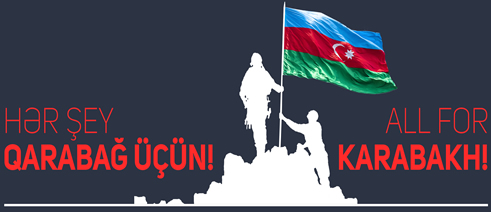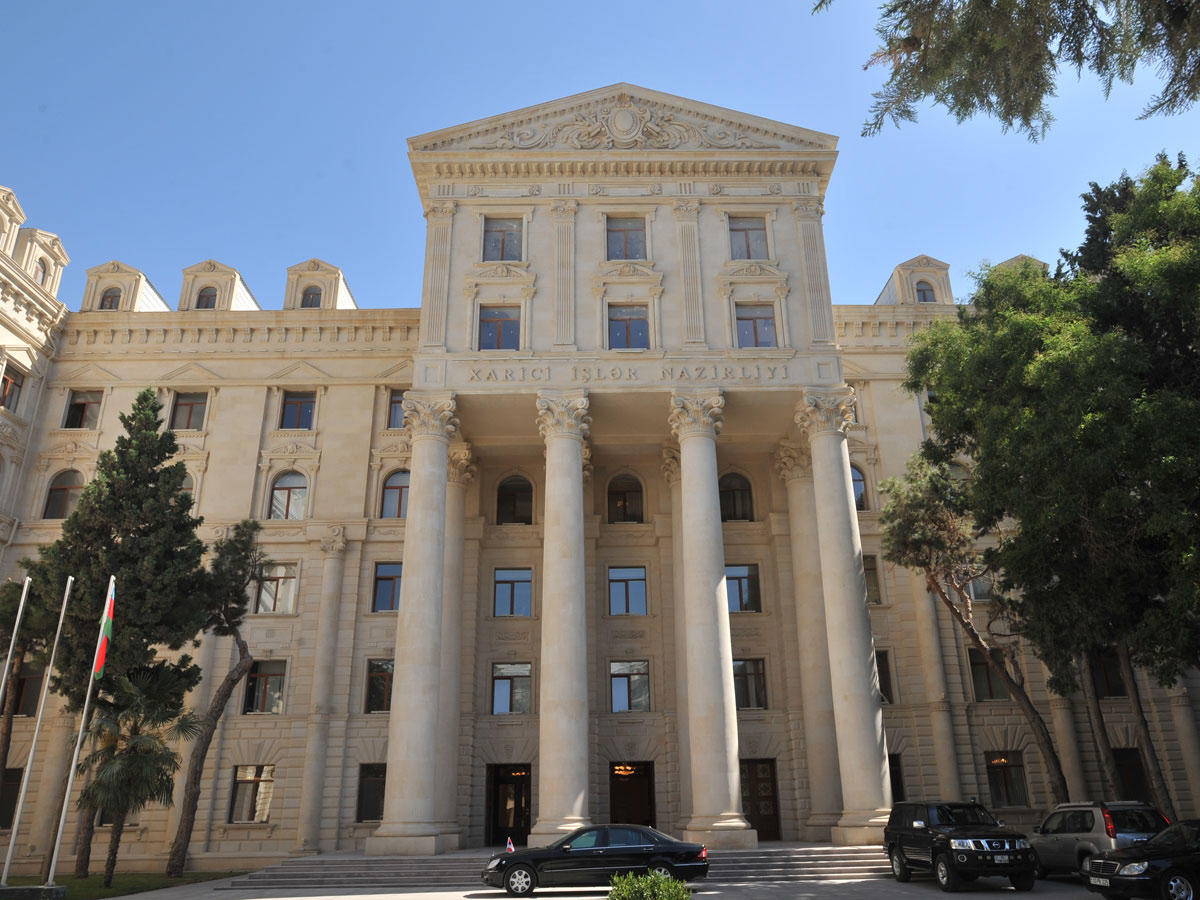


Armenian Foreign Minister Zohrab Mnatsakanyan is trying to cover up the aggressive and occupation policy of Armenia by talks about “democracy”, spokesperson for the Azerbaijani Foreign Ministry Leyla Abdullayeva said, Trendreports May 13.
She was commenting on Mnatsakanyan’s interview with the Armenian website tert.am.
She said that from Mnatsakanyan’s interview it becomes clear that his words are addressed mainly to the Armenian public.
“Speaking vaguely about democratic tendencies, he apparently tries to cover up the aggressive and occupational policy of Armenia with “democracy”, Abdullayeva noted. “Discussions about the “democratic system and rules” from an official representative of Armenia, a country which, having occupying Azerbaijani territories, carried out ethnic cleansing by breaking norms and principles of international law, violates the UN Charter, the provisions of the Helsinki Final Act, resolutions of the UN Security Council, are false and ridiculous.”
She stressed that what Mnatsakanyan said about the settlement of the Armenia-Azerbaijan Nagorno-Karabakh conflict shows that Armenia is far from showing respect for the principles of international law, first of all, for the territorial integrity of states within internationally recognized borders, from the intention to establish normal relations with its neighbors, which provides for the rejection of aggression and occupation policy that has lasted for decades.
“If the Armenian foreign minister is really interested in building democracy, the prosperity of his people and security and the progress of the region, the Armenian armed forces should be immediately withdrawn from the occupied Azerbaijani territories, and there should be no obstacles for the return of IDPs to their homes,” Abdullayeva added. “Only after that will it be possible to talk about human values, democracy and the importance of human life.”
The conflict between the two South Caucasus countries began in 1988 when Armenia made territorial claims against Azerbaijan. As a result of the ensuing war, in 1992 Armenian armed forces occupied 20 percent of Azerbaijan, including the Nagorno-Karabakh region and seven surrounding districts.
The 1994 ceasefire agreement was followed by peace negotiations. Armenia has not yet implemented four UN Security Council resolutions on withdrawal of its armed forces from the Nagorno-Karabakh and the surrounding districts.